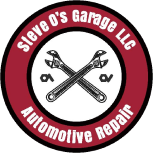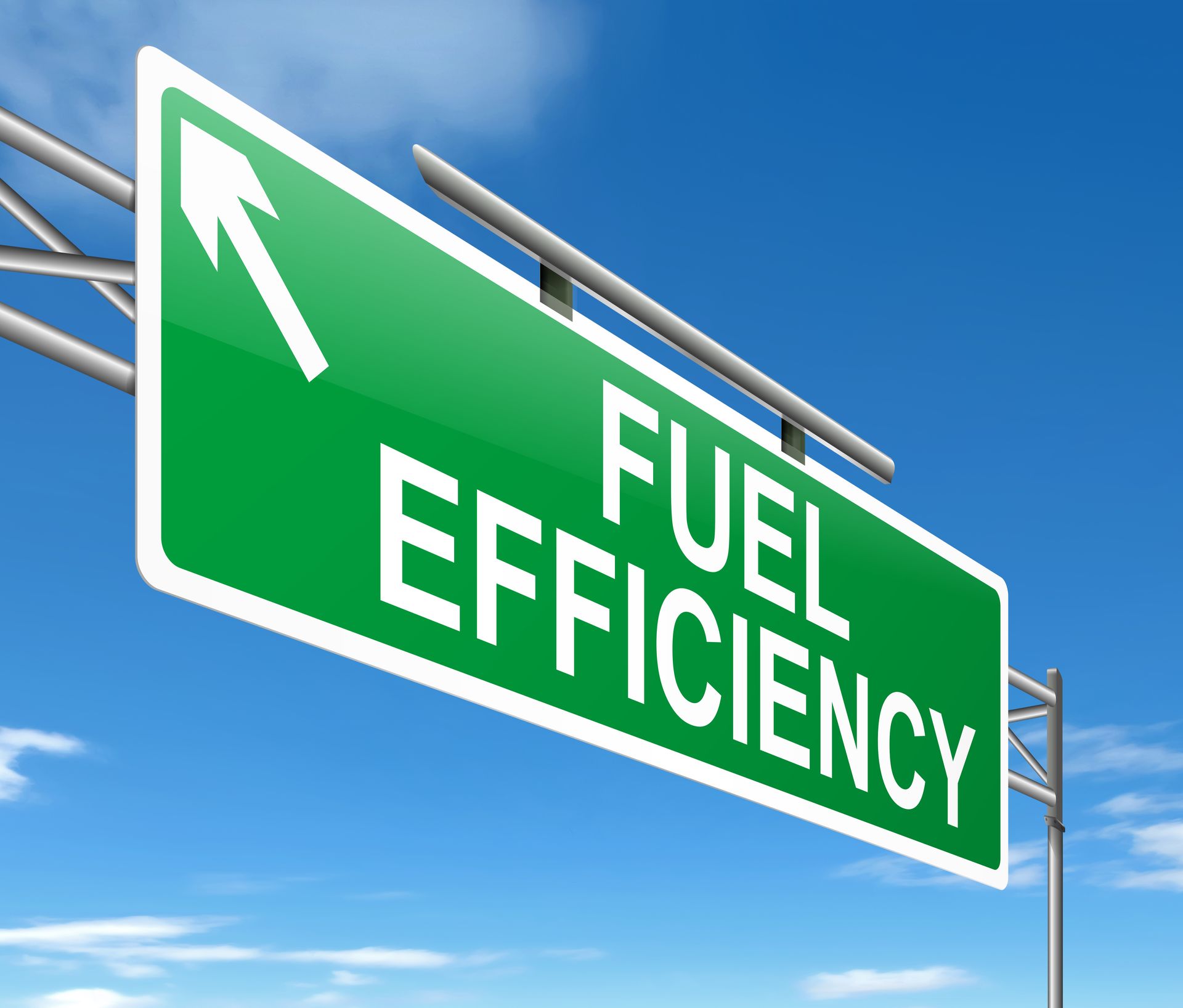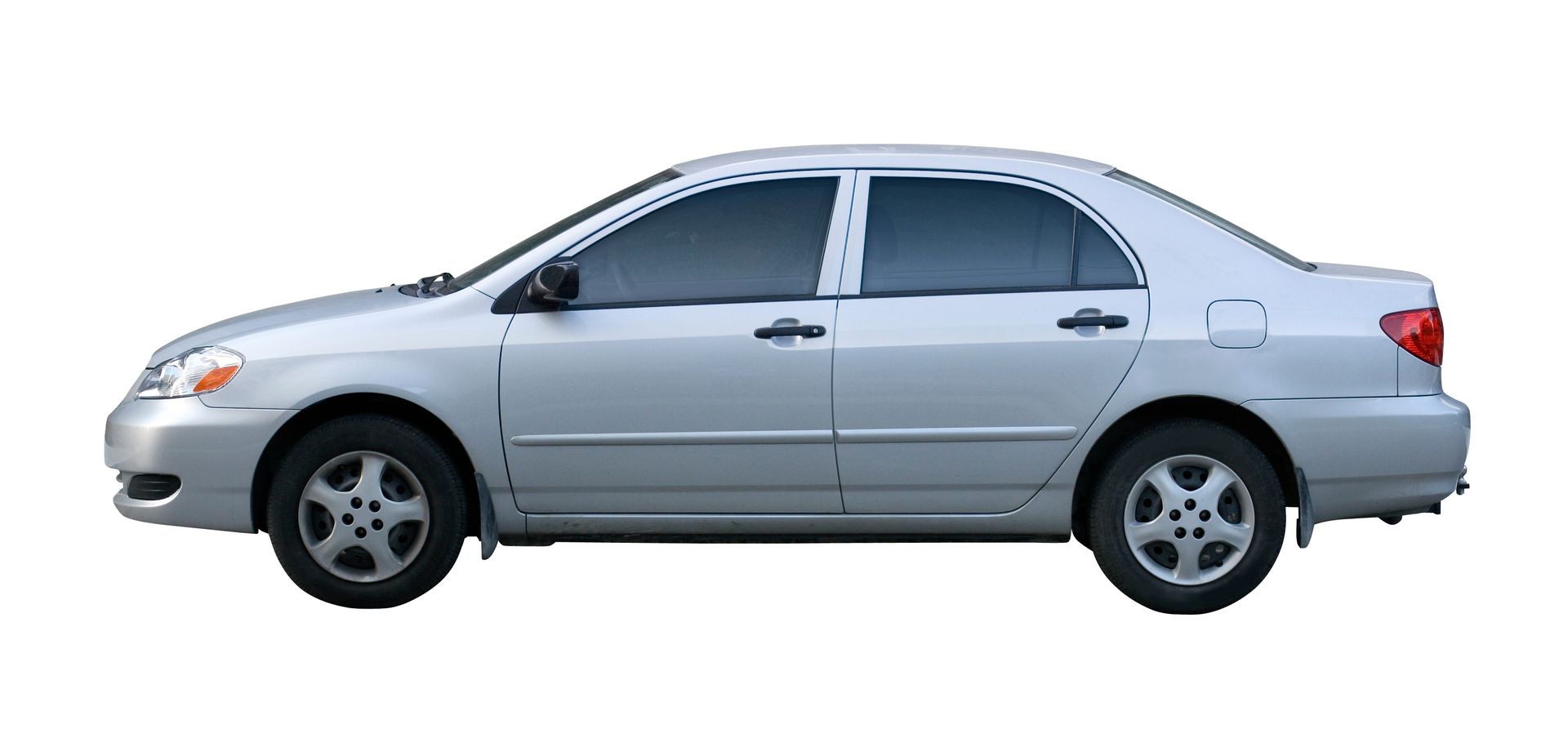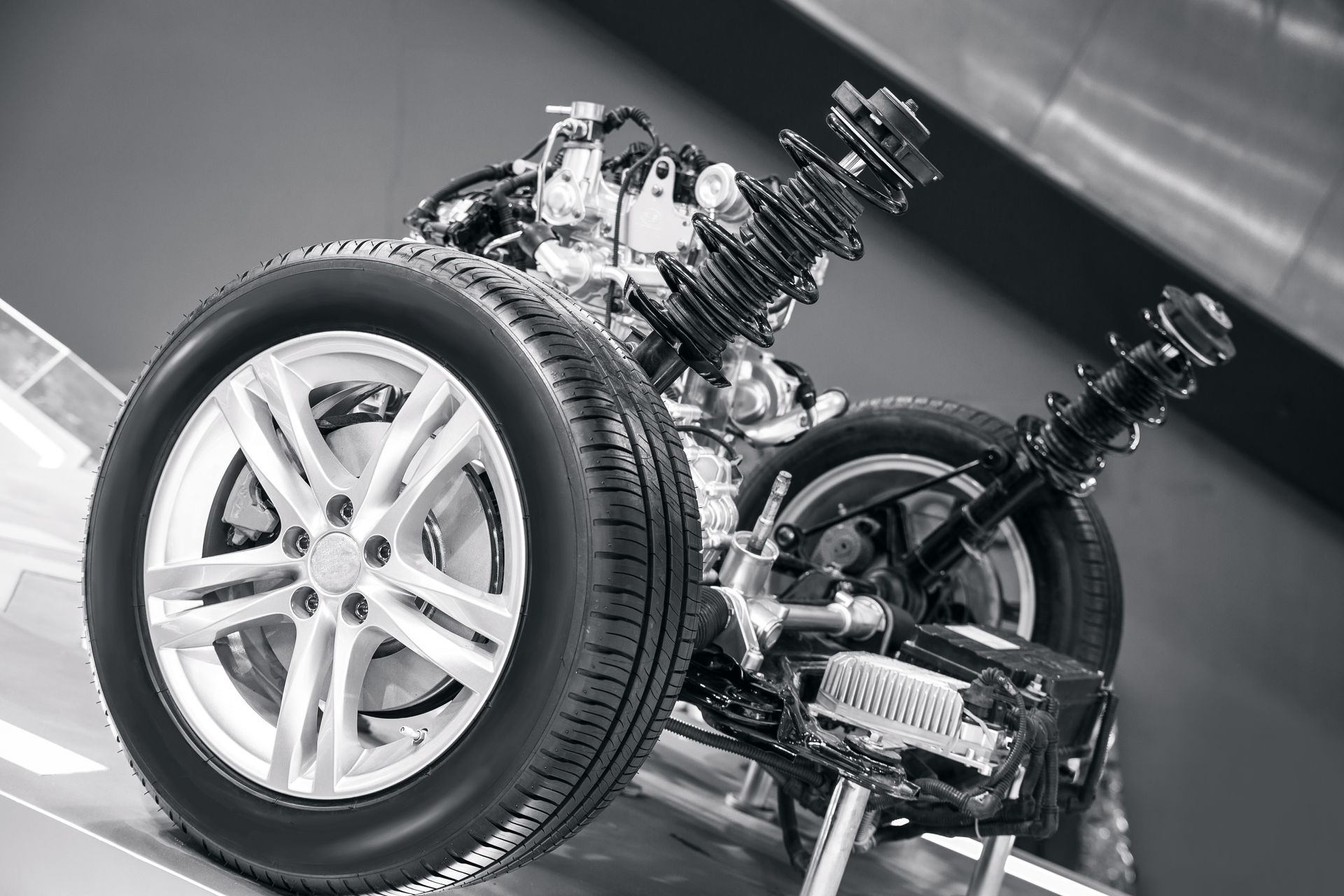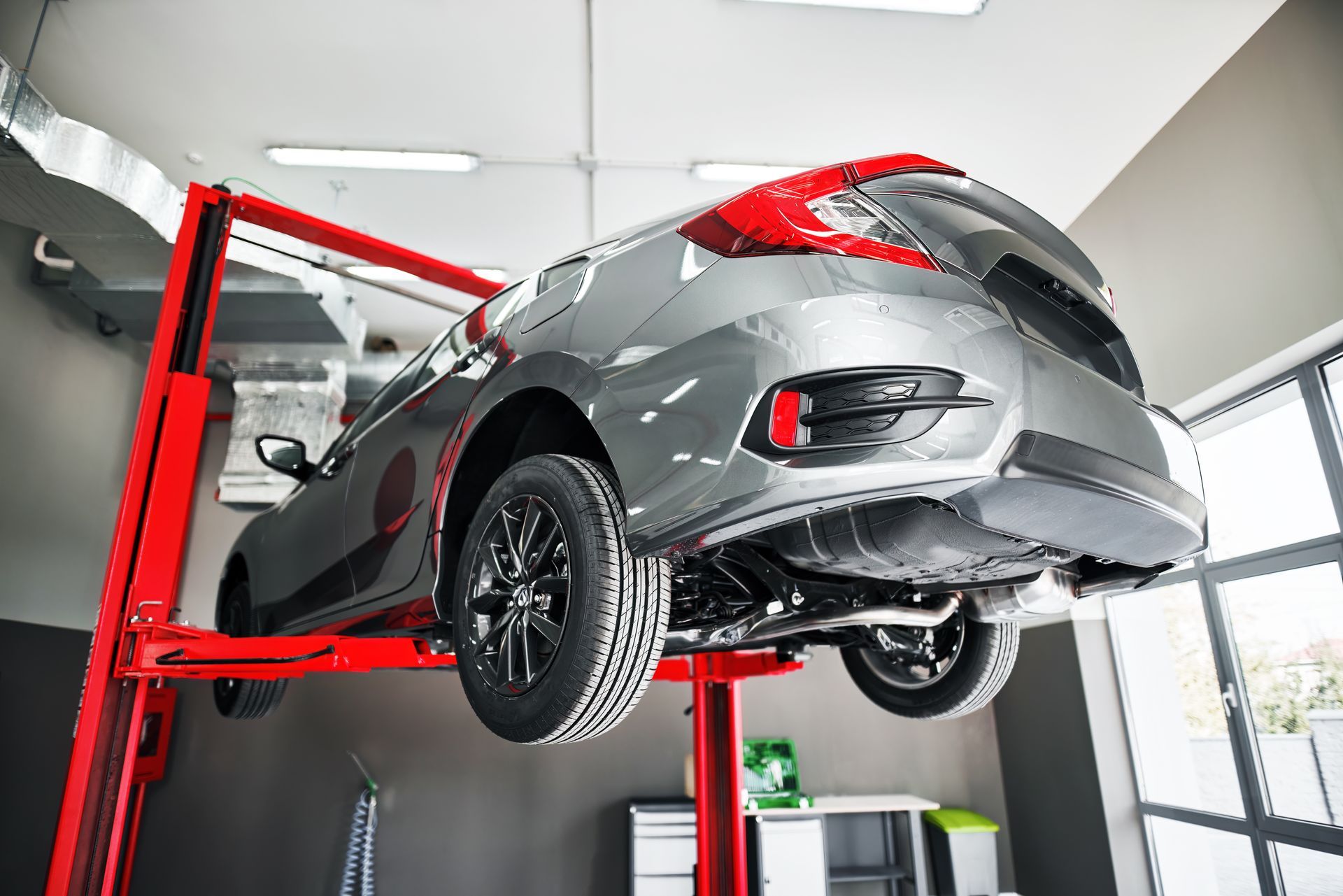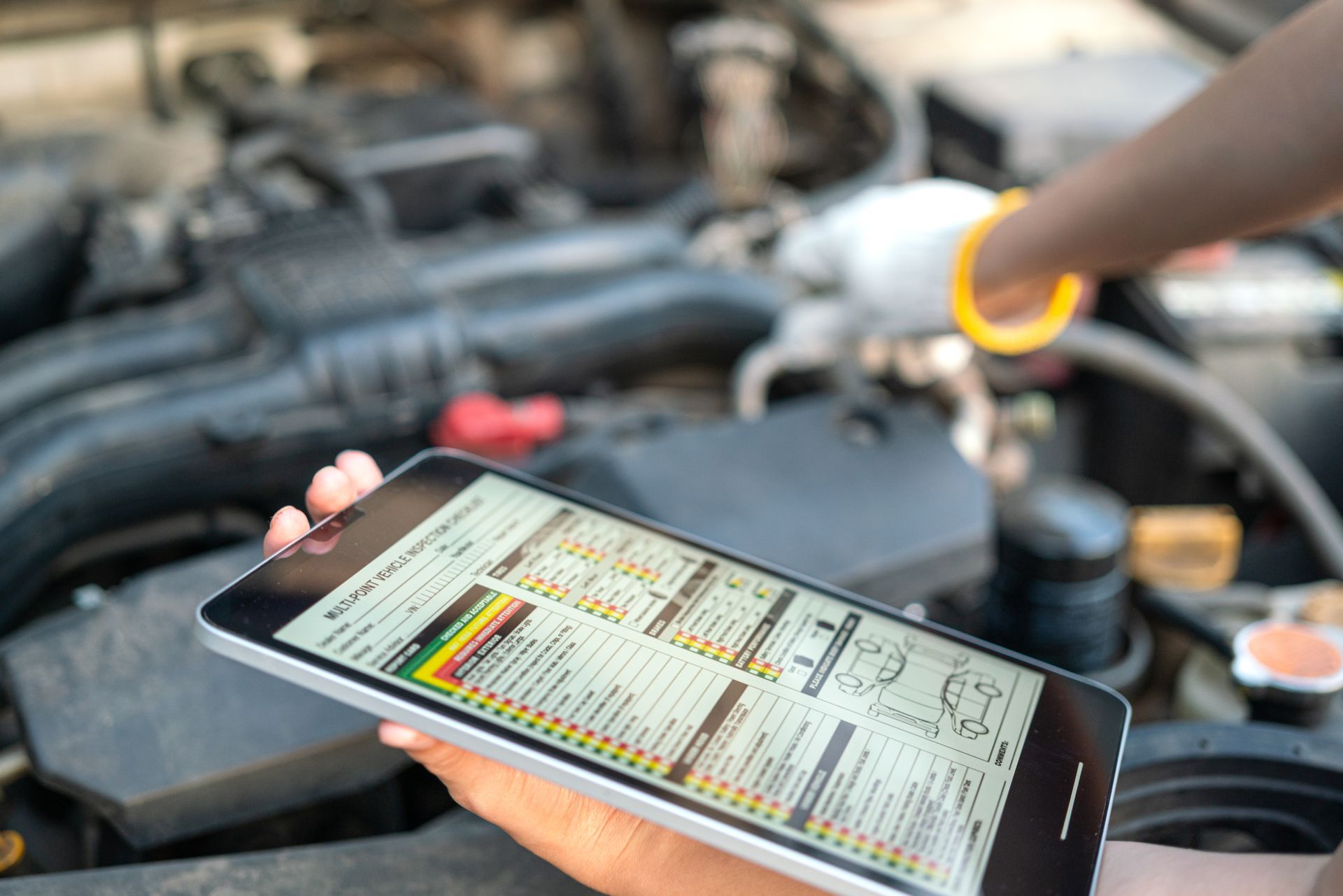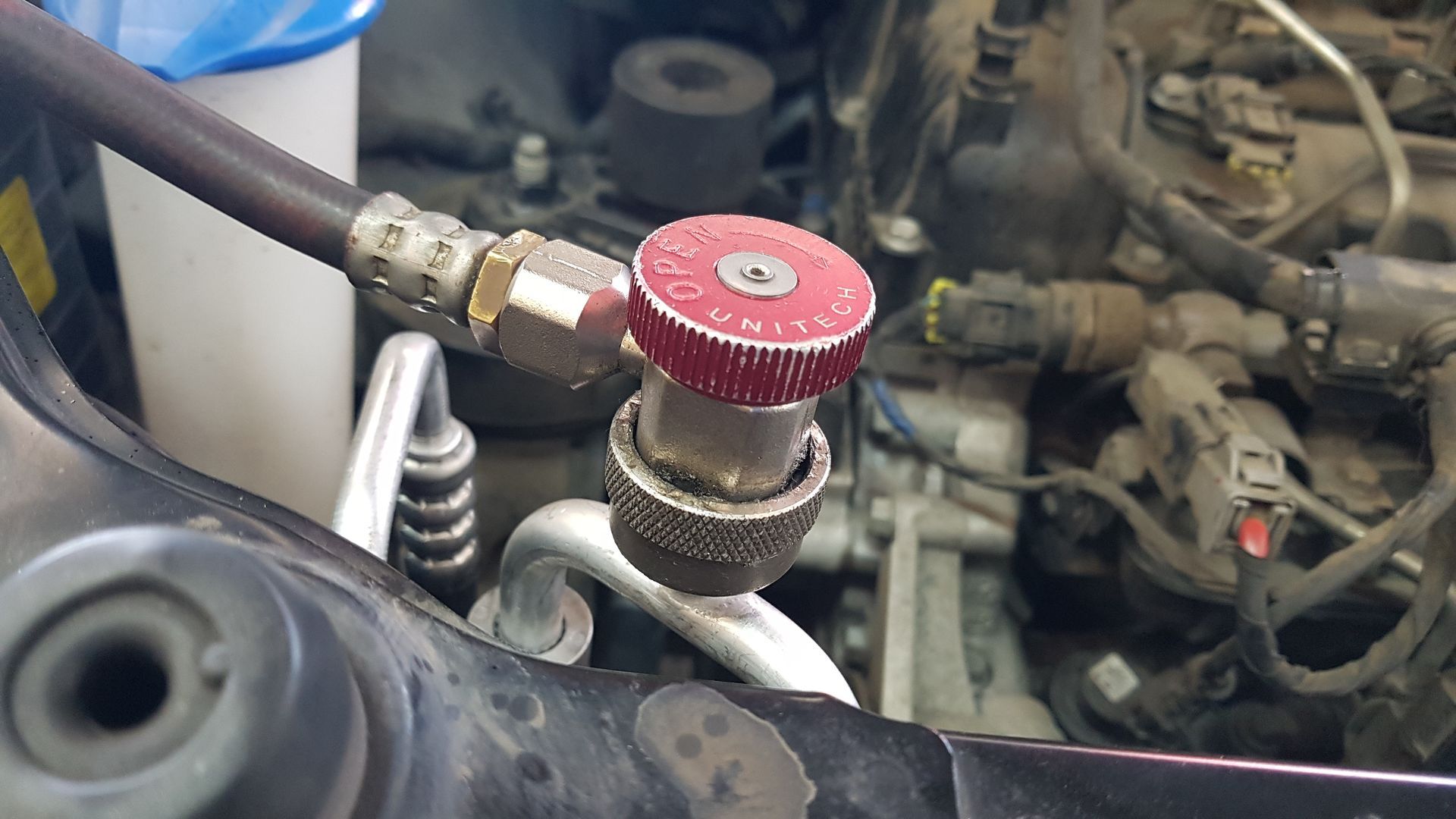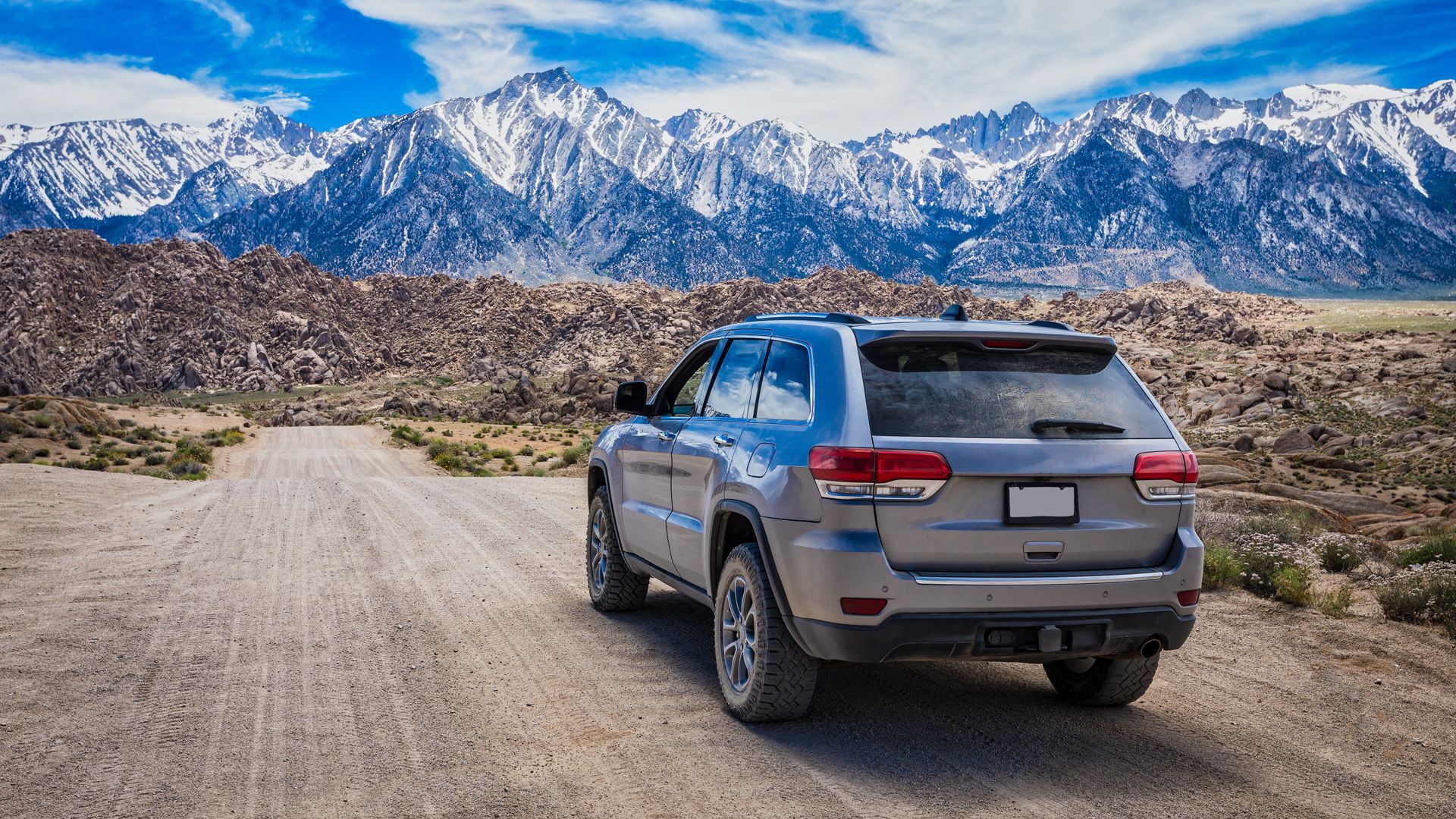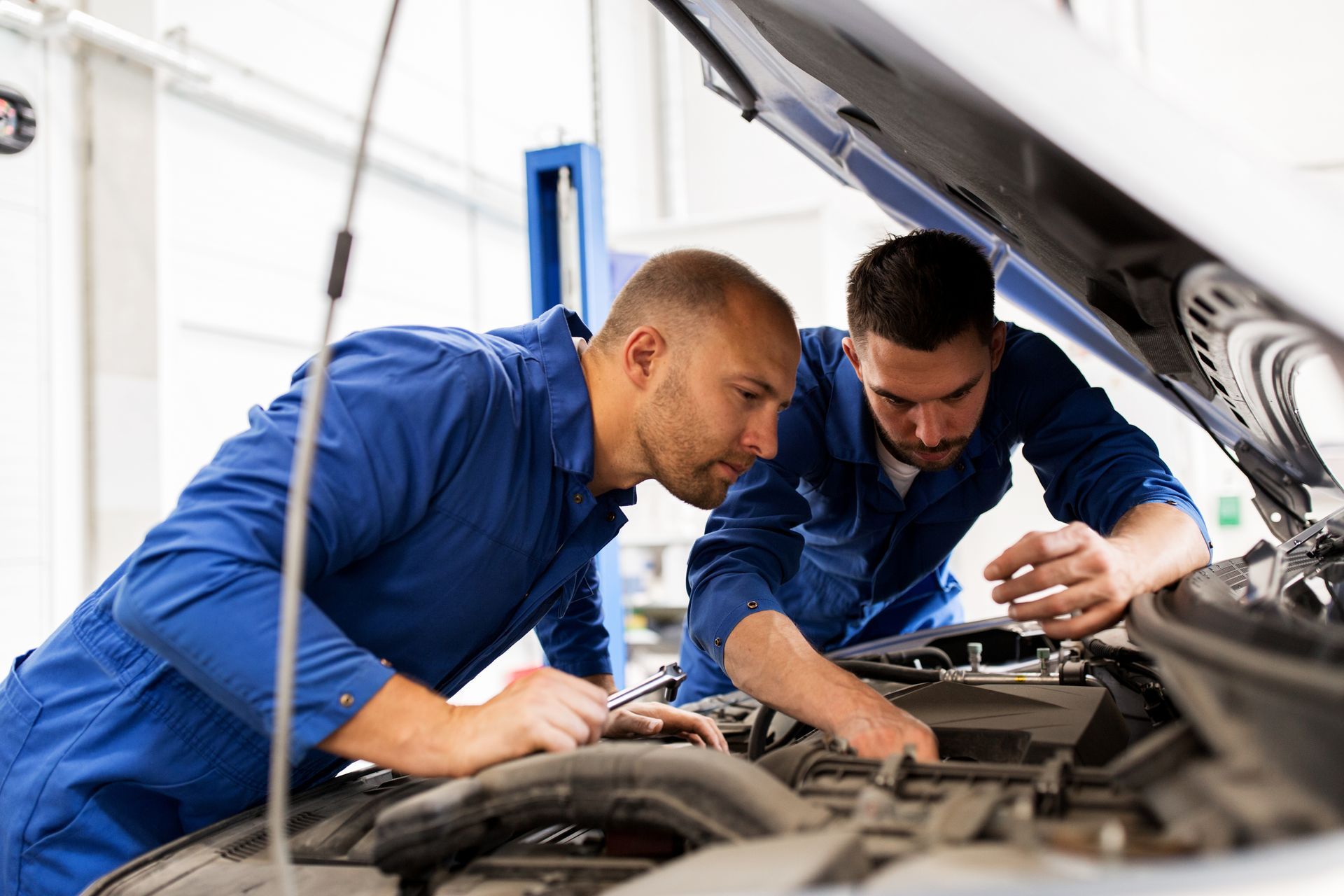Loading ...
Missing business hours data / Error occurred while getting the data.
Summer Hours
Loading ...
Missing business hours data / Error occurred while getting the data.
Summer Hours
Se Habla Español
Brake Inspections - What Are They And Why Should You Consider Them
October 14, 2023
As you navigate the bustling streets and highways, there's a crucial aspect of your vehicle that often remains hidden from sight but never out of mind - your brakes. They work tirelessly to keep you and your passengers safe, ensuring that you can stop on a dime when needed. Just like any part and system, they too require regular attention and care because of their constant use - but why is that you might ask?
What Are Brake Inspections?
Brake inspections are a comprehensive assessment of your vehicle's braking system. They involve a thorough examination of various components, including brake pads, rotors, calipers, brake lines, and brake fluid. Here's a closer look at what these inspections entail:
- Technicians inspect the condition of your brake pads, checking for wear and tear. Worn-out brake pads can lead to reduced braking efficiency and, if neglected, can damage other crucial components.
- The condition of your brake rotors is evaluated. These are the flat, metal discs that the brake pads clamp onto to slow down or stop your vehicle. Any warping or uneven wear can affect braking performance.
- Brake calipers, responsible for squeezing the brake pads against the rotors, are examined for proper function. If they fail, your brakes won't work effectively.
- Inspections include a check of the brake lines for leaks, corrosion, or damage. Any issues with the brake lines can result in brake fluid loss and brake failure.
- The level and condition of the brake fluid are assessed. Brake fluid absorbs moisture over time, which can reduce its effectiveness. It's essential to maintain the right fluid level and quality for optimal braking.
Why Should You Consider Brake Inspections?
Now that we understand what brake inspections entail let's delve into why they should be a priority in your vehicle maintenance:
- Safety First: Your safety and the safety of your passengers should always be a top priority. Regular brake inspections ensure that your vehicle can stop efficiently, reducing the risk of accidents.
- Preventive Maintenance: Identifying and addressing brake issues early can prevent more extensive and costly repairs down the road. Replacing brake pads is far more affordable than replacing damaged rotors or calipers.
- Extended Brake Life: Routine inspections and maintenance help prolong the lifespan of your braking system. This means fewer replacements and more miles of safe driving.
- Peace of Mind: Knowing that your brakes are in top-notch condition provides peace of mind on the road. You can drive with confidence, knowing that you have reliable stopping power.
- Legal Compliance: In some regions, regular brake inspections are required to ensure vehicles meet safety standards. Neglecting these inspections could lead to legal consequences.
For all of your vehicle brake needs, make sure to visit us at Steveo's Garage LLC - but don't forget to take advantage of our brake inspection special offer! Navigate to the "Specials" tab and print out the coupon!
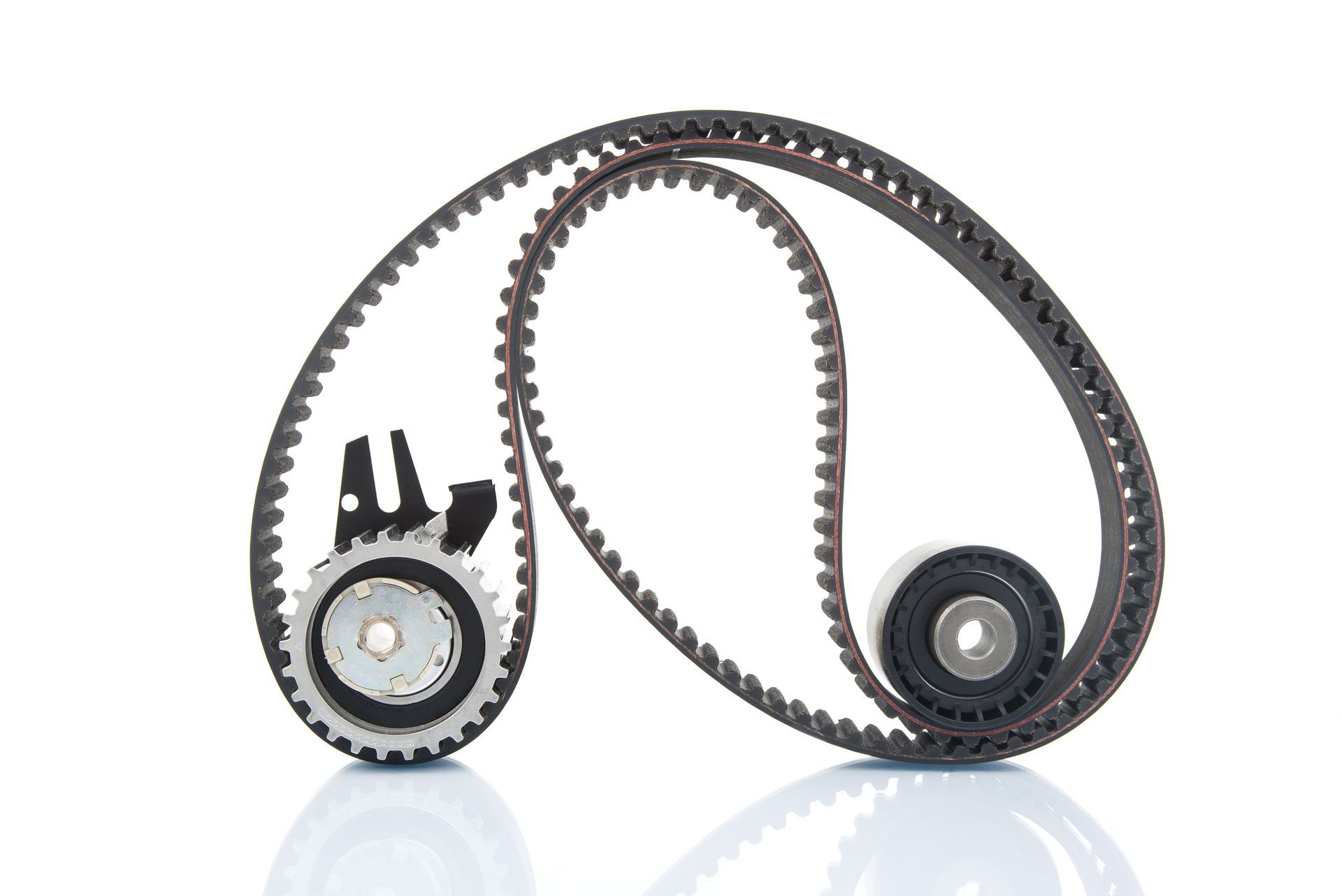
Our Location
Summer Hours
Get In Touch
Loading ...
Missing nap lines data / Error occured while getting the data.


